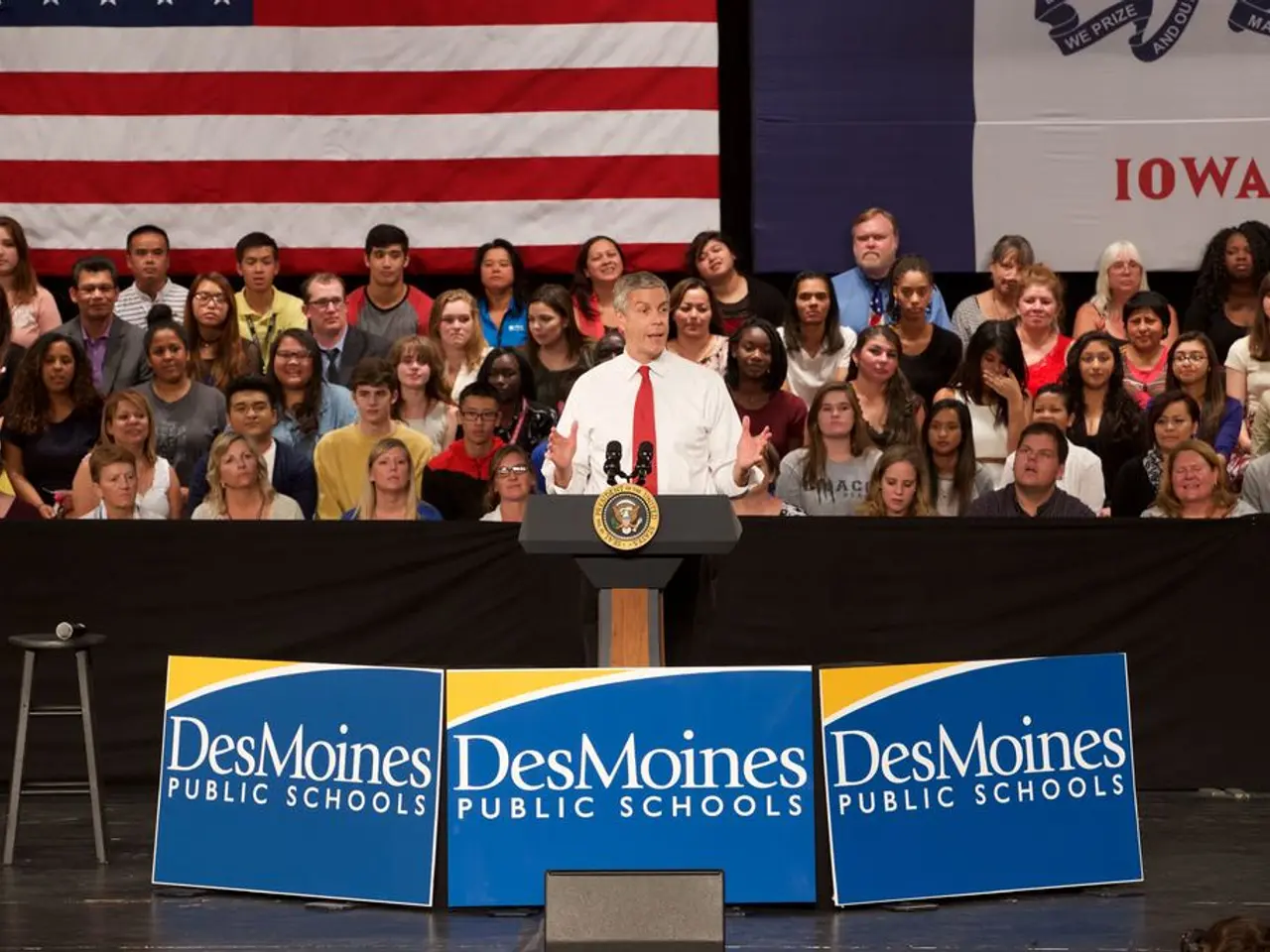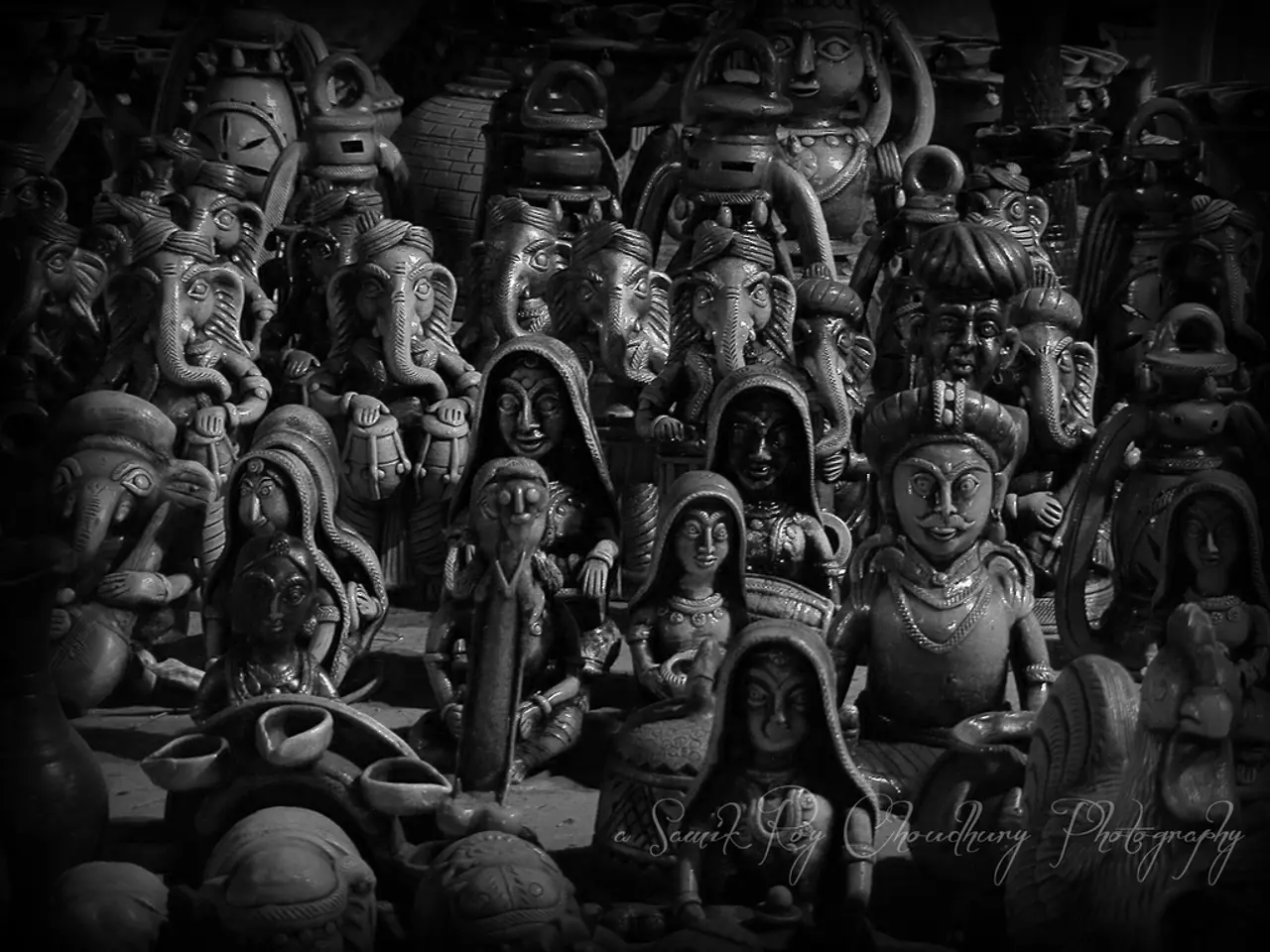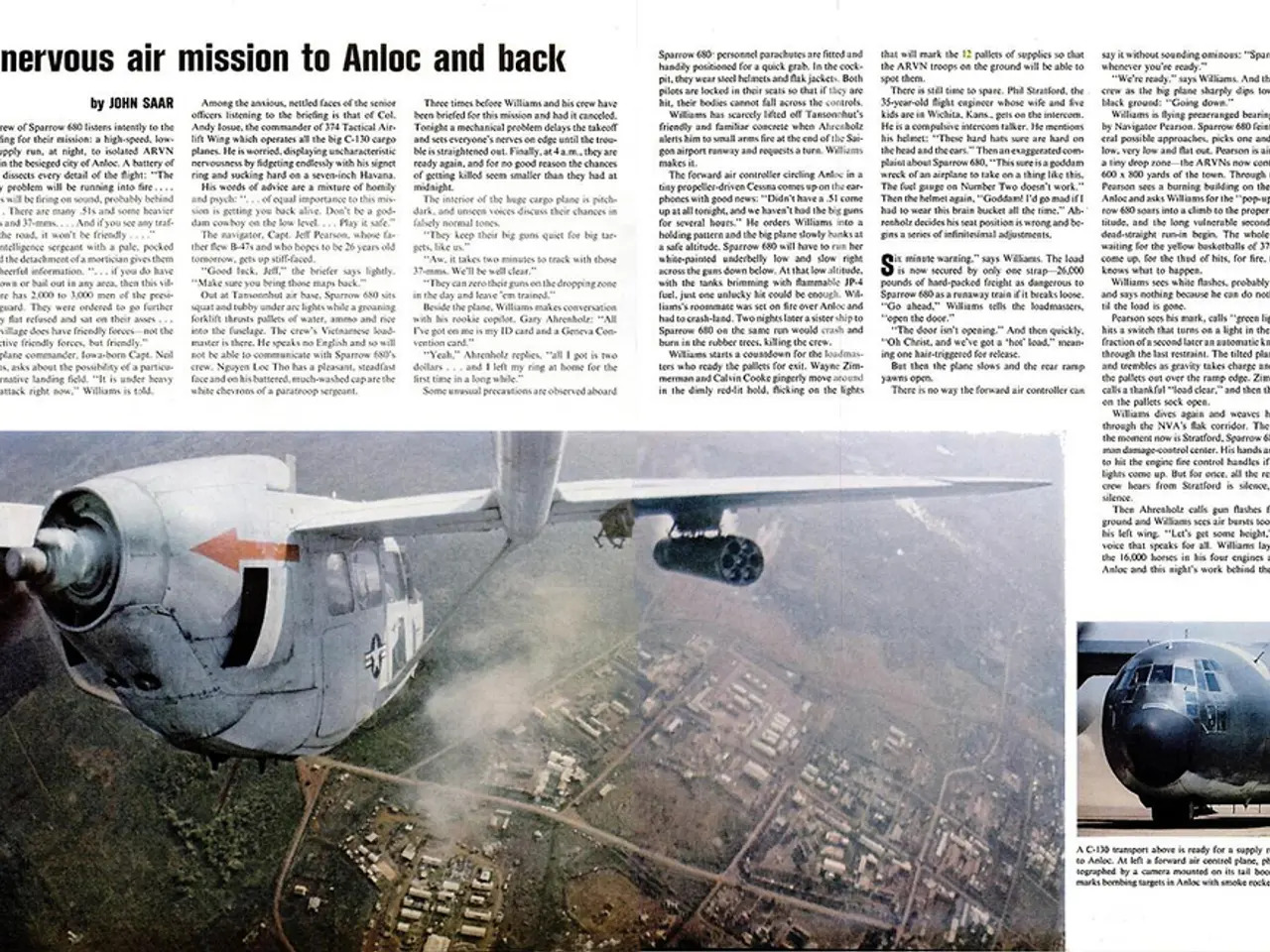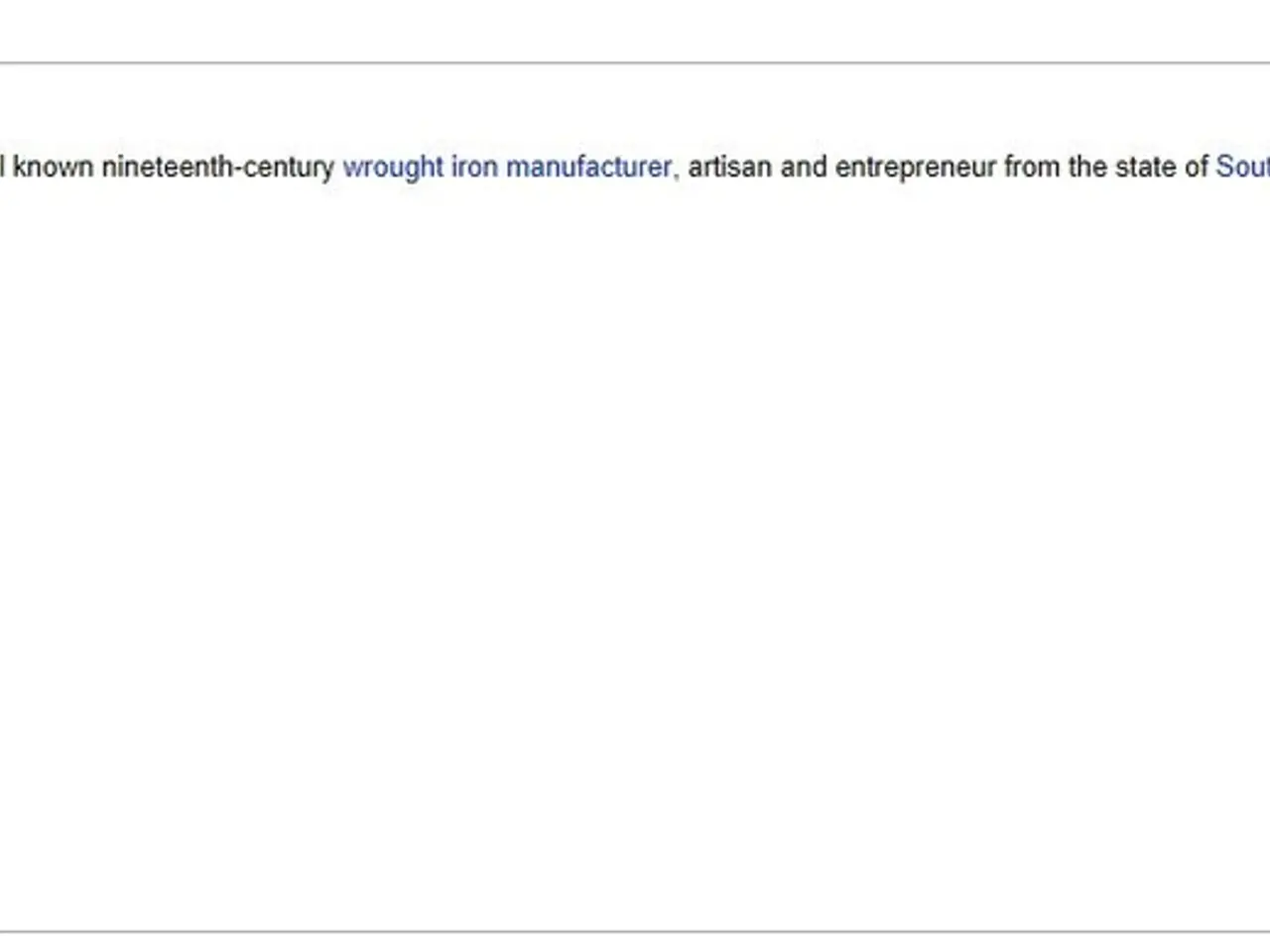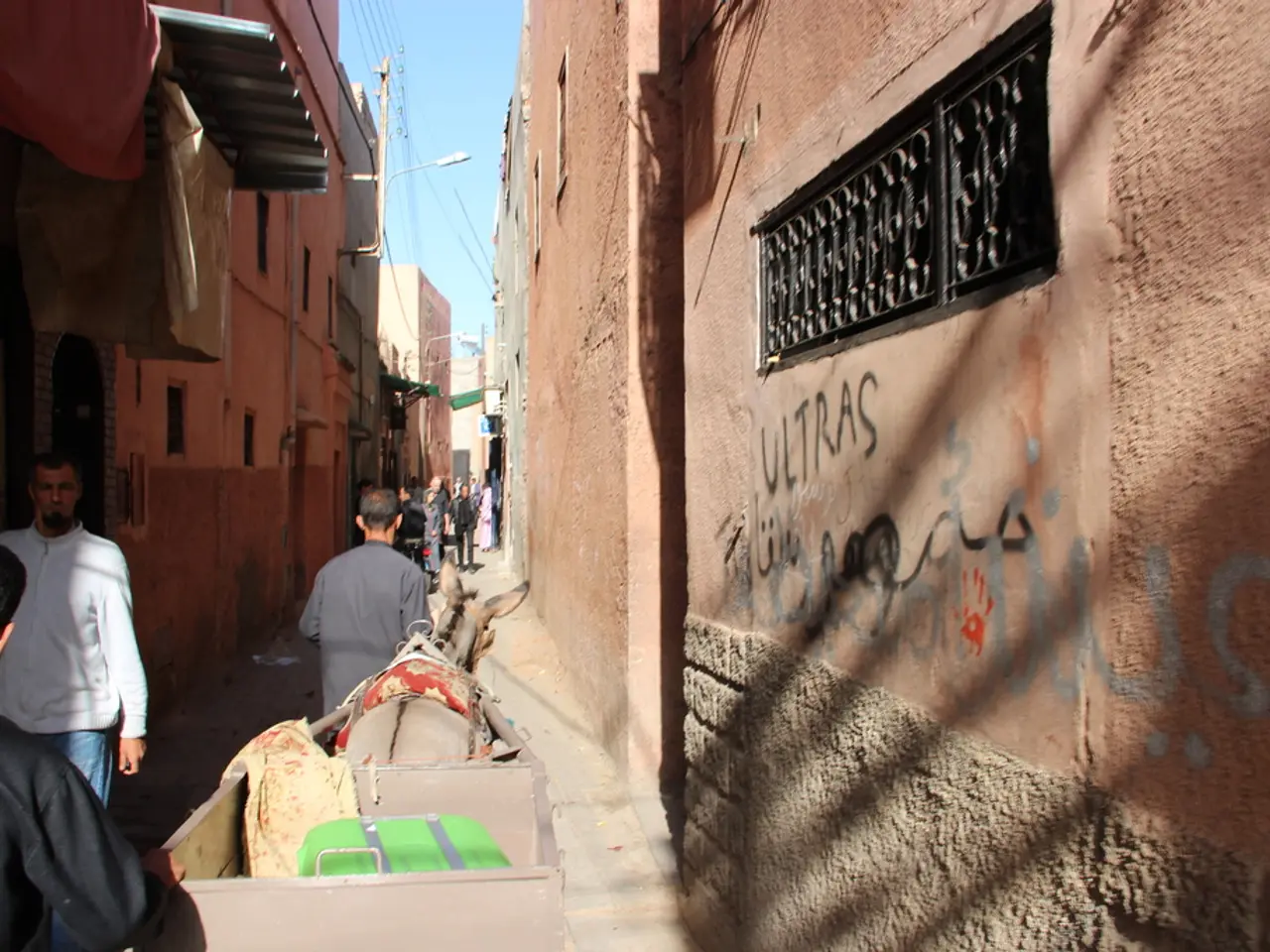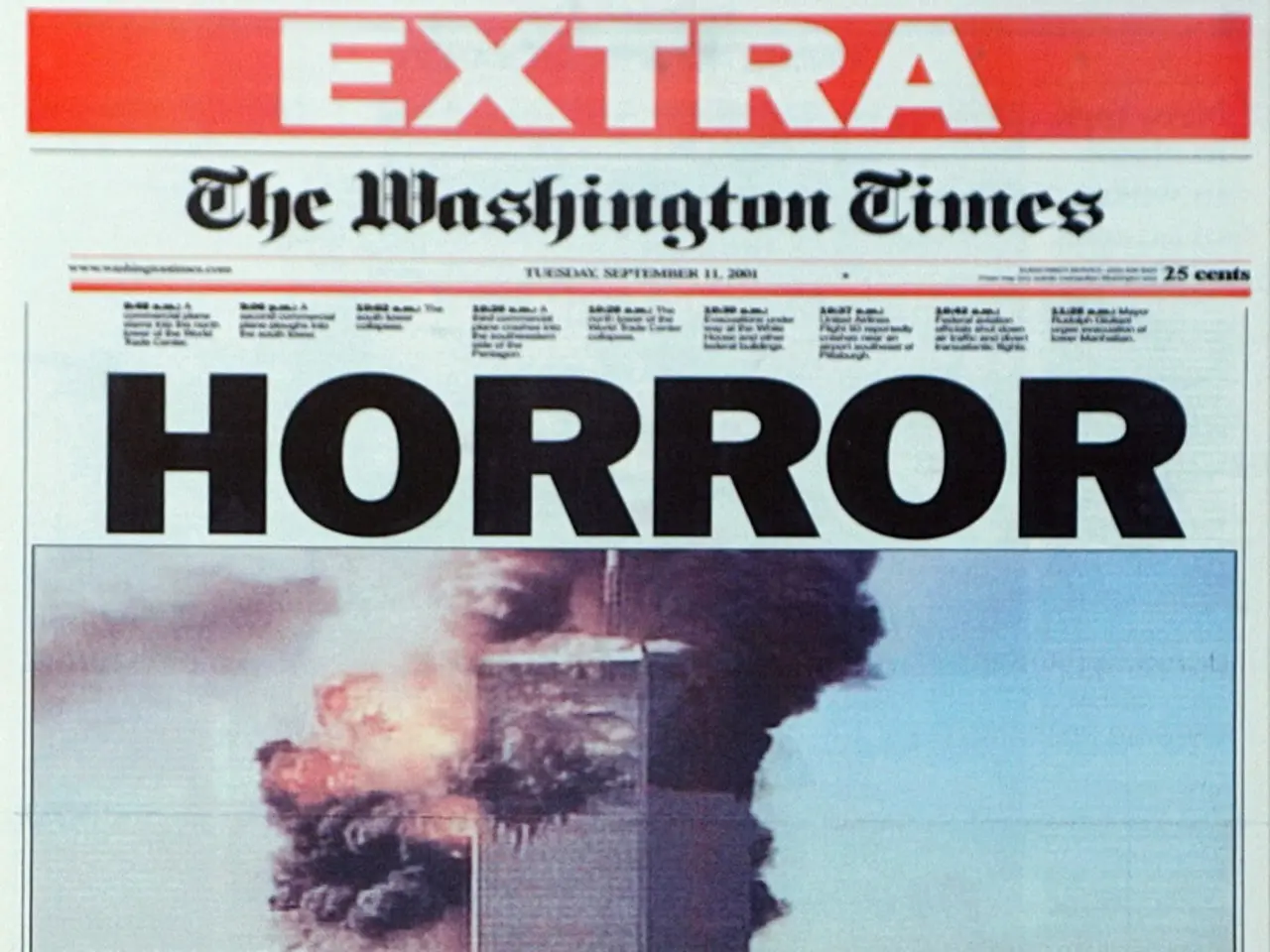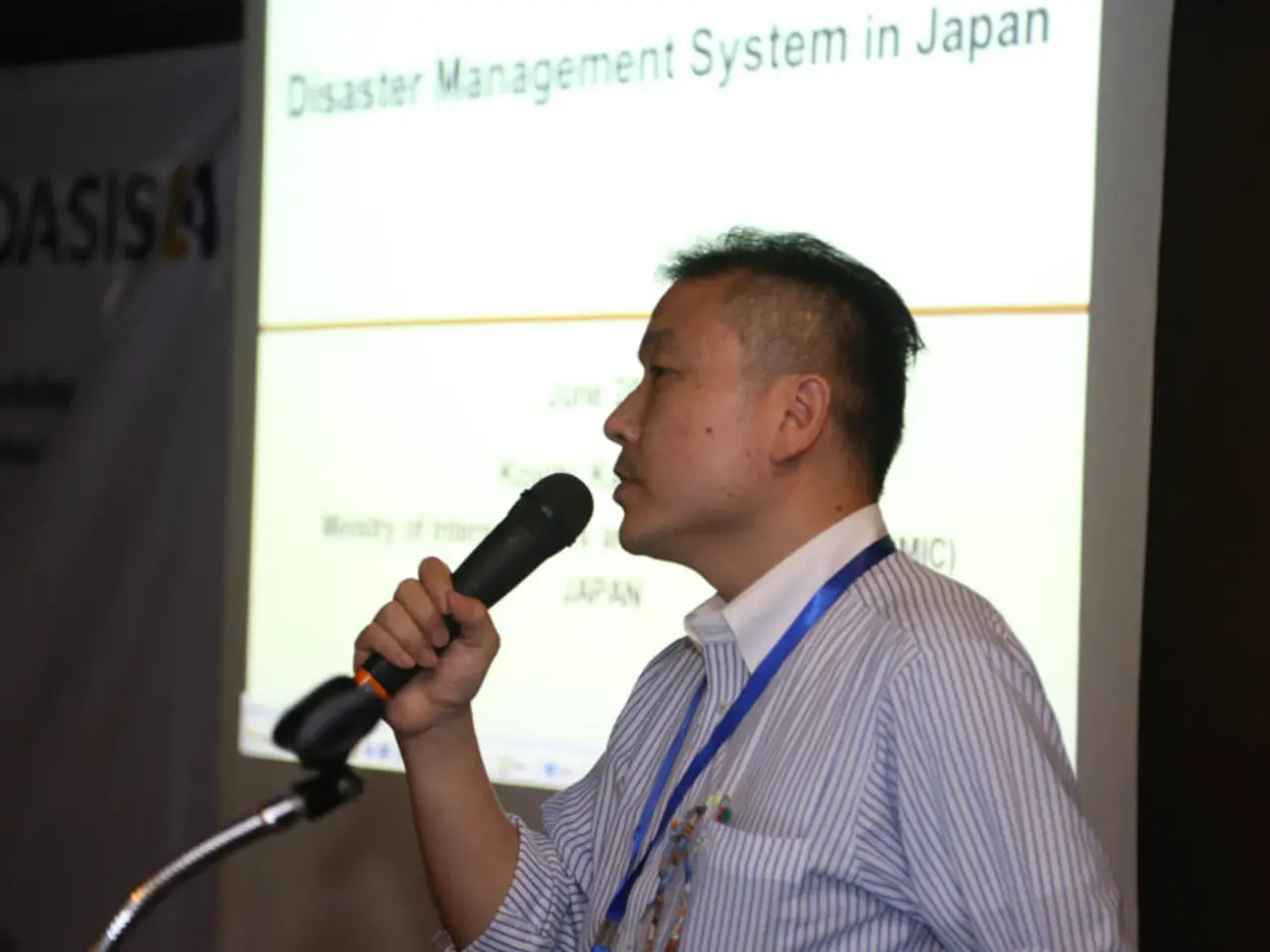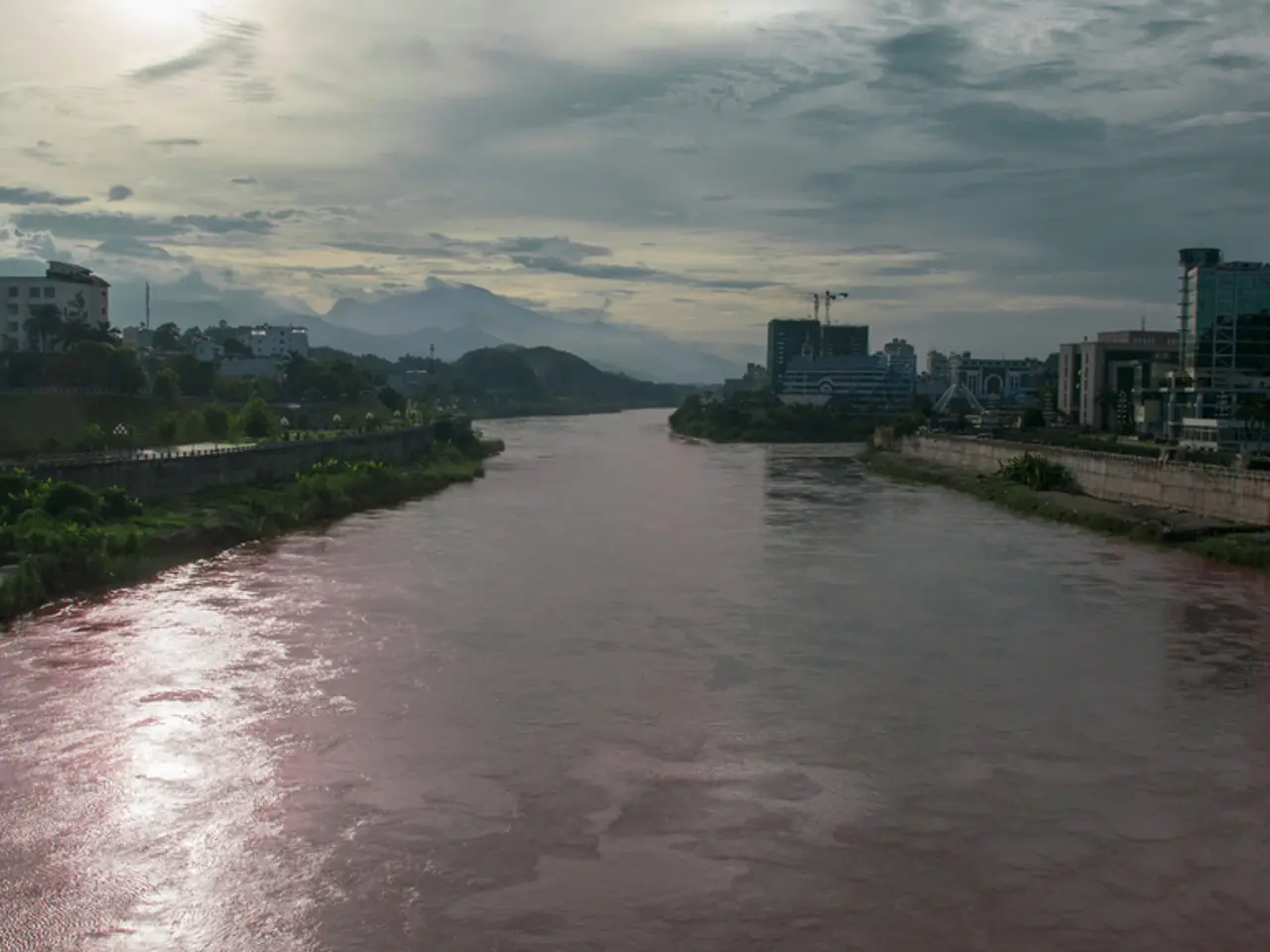Dmitry Medvedev: From Cooperation to Confrontation
Controversial ex-Russian president Medvedev escalates nuclear tension with Trump through his provocative actions
Dmitry Medvedev, a former Russian president and prime minister, has taken a sharp turn in his stances since the start of the war in Ukraine in early 2022. Born in Leningrad (now St. Petersburg) in 1965, Medvedev has developed his political career closely tied to Russian president Vladimir Putin.
In his early presidency, Medvedev raised hopes in the West by promoting modernization and signing the New START nuclear arms reduction treaty with U.S. President Barack Obama in 2010, signaling a willingness to cooperate with the United States. However, after stepping down from the presidency in 2012, Medvedev's political trajectory shifted.
Upon becoming prime minister, Medvedev began to lose prominence, being relegated to technical issues and capturing Russians' discontent with economic difficulties. His tone hardened with the start of the offensive in Ukraine, making slurs against Ukrainian president Volodymyr Zelensky, attacks on European principles and values, and threats of a destructive nuclear war with the West.
Medvedev's recent public statements reflect strong support for Russia's aggressive military posture, emphasizing the Kremlin's willingness to deploy nuclear deterrence if pressured. He is considered one of the Kremlin voices advocating a tough line in the conflict, aiming to assert Russia’s strategic interests at the expense of Western opposition.
This contrasts with his earlier image as a reformist and a proponent of improved U.S.-Russia relations during his presidency. In the early months of Donald Trump's term, Medvedev even praised him for his willingness to alter the global economic order. However, Trump's criticism of Medvedev has increased, calling him "a little old man" who "still thinks he rules Russia".
Medvedev's political history shows a transition from a relatively moderate, reform-minded leader who sought better ties with the U.S. to a senior Kremlin official endorsing a hardline, confrontational role in Russia’s foreign policy, especially regarding U.S.-Russia relations and the Ukraine conflict.
In addition to his confrontational exchanges with Western politicians, Medvedev has been involved in controversial statements. He accused the current German chancellor, Friedrich Merz, of "lying like Goebbels," the Nazi Germany's minister of propaganda. Medvedev also rejoiced in the difficulties of the "wicked" President of the European Commission, Ursula von der Leyen, in her term.
Although his role in Russia is currently limited, Medvedev has been sidelined by the rise of the rival 'siloviki' clan (military and security services). Despite this, Medvedev remains a significant figure in Russian politics, representing a hardline stance that aligns with the Kremlin's aggressive foreign policy.
[1] "Medvedev's Presidency: A Change of Seats or a Change of Policy?" The Moscow Times, 2008. [2] "Medvedev's Shift: From Obama's Friend to Trump's Foe?" The Washington Post, 2018. [3] "Medvedev's Political Evolution: From Modernizer to Hawk?" The New York Times, 2021. [4] "Medvedev's Confrontational Role in Russian Foreign Policy." The Guardian, 2022. [5] "Medvedev's Controversial Statements and Their Impact on U.S.-Russia Relations." The Atlantic Council, 2022.
- The average Western observer might be surprised by the shift in Dmitry Medvedev's policy-and-legislation stance, as he was once advocating for modernization and nuclear arms reduction treaties, but now he endorses a hardline, confrontational role in Russia’s foreign policy, particularly in relation to U.S.-Russia relations and the Ukraine conflict.
- In the realm of general-news reporting, there has been a growing focus on Medvedev's controversial statements, such as accusing the current German chancellor of lying like Goebbels and rejoicing in the difficulties of the President of the European Commission. These statements contribute significantly to the ongoing tension and average war-and-conflicts narrative between Russia and the West.
